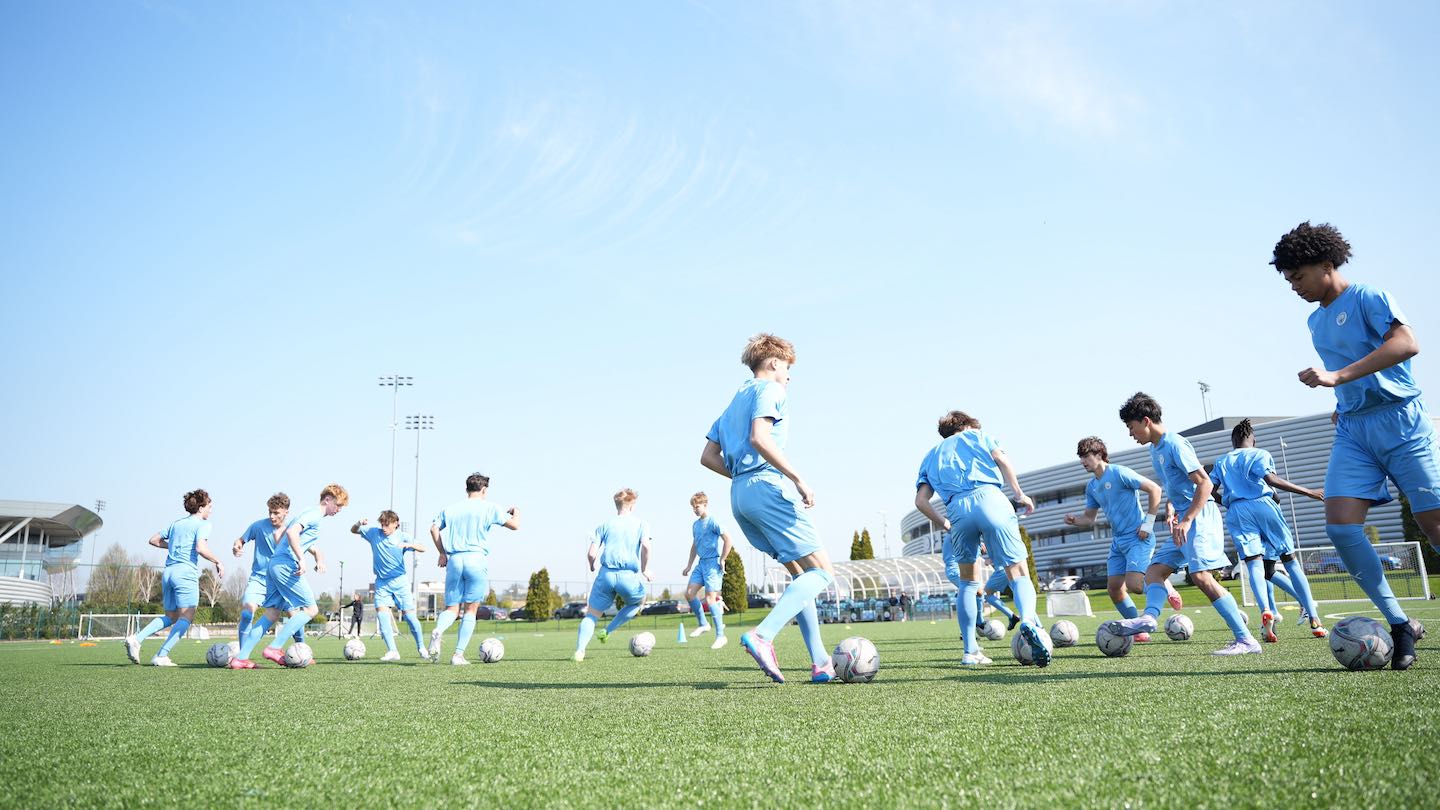Every month, I wrestle with the same question: What is the most important issue to write about right now? I often turn to coaches, administrators, and of course, the ENYYSA instructor group for suggestions. I do my best to reflect their ideas in these articles.
This month, when I was asked to create a Top Ten list for coaches preparing for the fall season, I quickly realized the challenge: coaching doesn’t exist in a vacuum. The development of any young player relies on the cooperation and alignment of what I call the Soccer Trinity — coaches, parents, and players.
So rather than one list, here are three — one for each group — offering guidance, reminders, and a starting point for a successful season ahead.
Top Ten for Coaches
- See them as people first. If players know how much you care, they’ll give you their best.
- Build trust with parents. An open, respectful relationship makes coaching more effective — you can’t do it without them.
- Commit to lifelong learning. Seek to understand more about the game and how kids learn every single day.
- Plan with purpose. Each practice should be carefully designed to meet the developmental needs of your players.
- Find your learning toolkit. This season, identify three podcasts, three books, three TED Talks, and a mentor who can inspire and challenge you.
- Prioritize learning and fun. Growth, enjoyment, and healthy competition matter far more than just winning.
- Let them lead. Encourage players to make decisions, pick teams, resolve conflicts, and organize — their social development matters too.
- Understand their energy. Get to know your players’ physical routines — it will help you manage training loads and performance.
- Talk less, say more. Stick to three clear, concise coaching points — beyond that, they’re likely tuning out.
- Keep growing. Commit to attending at least one coaching course in the next six months.
Top Ten for Parents
- Remember why you started. Keep your child’s joy and development at the center of their soccer journey.
- Skip the post-game critique. The car ride home isn’t the time for analysis — let the dust settle.
- Respect the referees. Everyone makes mistakes. Abuse from the sidelines helps no one.
- Don’t coach from the sidelines. Your child needs space to learn and think for themselves.
- Let mistakes happen. They’re essential to growth — this is a process, not a performance.
- Understand development vs. winning. This isn’t the World Cup — it’s about progress, not trophies.
- Model respect. Show kindness to all players, coaches, and officials. Be the role model your child deserves.
- Engage with the coach. Learn about the philosophy and approach — build a supportive relationship.
- Know when to step back. If emotions run high, take a break. Awareness is key.
- Help build a positive culture. Be the glue that brings parents together around shared values and support.
Top Ten for Players
- Appreciate your parents. Recognize the effort they make — and say thank you often, no matter your mood.
- Be responsible. Pack your own bag, bring your water — little habits build independence.
- Always give your best. No matter the score or situation, your teammates deserve your full effort.
- Help teammates succeed. Every practice is a chance to support and uplift each other.
- Show respect, always. Treat referees, opponents, and teammates with kindness and humility.
- Grow through failure. Mistakes are how you learn — stay calm, stay focused, and bounce back.
- Be a positive influence. Help set up, ask thoughtful questions, support your coach’s learning environment.
- Respect the officials. Even when things feel unfair — show class and composure.
- Be kind to yourself. Fatigue, injury, and frustration are part of the journey. Take care of your body and mind.
- Fall in love with the game. Watch matches, follow a team, and become a student of soccer.
Let’s make this season a great one. The strongest player development happens when coaches, parents, and players all do their part — with passion, empathy, and a shared commitment to growth.








